It’s always a step in the right direction when states move to protect our innocent children from abusive predators. Even though the details might be overwhelming or confusing at the start, it’s imperative that organizations, including all faith-based groups, implement them as soon as possible.
Pennsylvania took such action in 2014 when its state legislature passed a comprehensive package of proposals that overhaul its child protection policies. The new law expands the requirements for, and scope of, background checks for people who work or volunteer with children. The law demands that routine checks occur every 36 months and that employees and volunteers are mandated to report any arrests and/or convictions.
Here’s a breakdown of the key implications for congregations, according to Michelle Snyder, executive director of the Pittsburgh Pastoral Institute, an interfaith agency that provides counseling services and training for religious organizations, and as reported in this Pittsburgh Post-Gazette article.
- Volunteers who work with children are now ‘mandated reporters’ and that they are required to report suspected child abuse to a state hotline. Many professionals like teachers and counselors who work with children have long been considered ‘mandated reporters.’
- Every paid employee who interacts with children must have three background checks – a Pennsylvania child-abuse history report, a state criminal records check, and an FBI fingerprint record check. These must be updated every three years.
- Volunteers must pass the same two state clearances. If they haven’t lived in Pennsylvania for the past 10 years, they will also need to pass the FBI fingerprint check. Again, these will need to be run every three years.
Obviously, a law like this has major implications for religious organizations and their congregations. Here are some common questions a faith-based group might have:
- How do we begin to fully understand the requirements for more training on child abuse?
- How do we better educate our mandated reporters?
- How does this change the actions our volunteers and paid staff must take?
- Where can we find better training programs to recognize the symptoms of abuse?
All of these questions are important, but Protect My Ministry can offer the greatest assistance when answering the last question because we have one of the most comprehensive, effective and easy-to-use child safety training programs developed specifically for religious organizations.
Estimates show that 90% of sex offenders don’t have criminal records and therefore will go undetected without proper training of your volunteers and staff to identify signs of abuse and how to handle reporting of abuse. The key here is that your volunteers and staff need child safety training before they serve, which can be difficult for office staff to manage and inconvenient for some people. Protect My Ministry has solved that issue by creating an interactive child safety training course that can be completed online – anytime and anywhere – at the person’s convenience. Our child safety training course engages your volunteers and employees in a way that isn’t available at large, group training and demands their accountability for their answers. In fact, people are quizzed at the end of our training and must pass with at least 70% accuracy or they will be required to take the training and quiz again.
Click here to watch a free video of our training and learn more about comprehensive lessons plans.
We believe that when staff members and volunteers have an awareness of the basic characteristics of a sexual abuser, the process by which an abuser picks and prepares a child for abuse, and indicators of child sexual abuse, they are better equipped to recognize and prevent abuse in ministry programs.
For more information on our online child safety training programs, give one of our experts a ring at 1-800-319-5581 or email us at support@protectmyministry.com. More states are certain to follow Pennsylvania’s lead and we’d like to be your partner in better protecting our children from harm.
